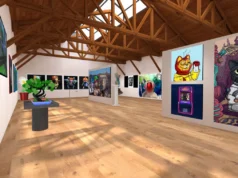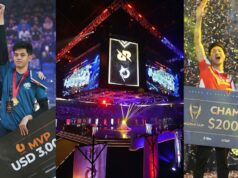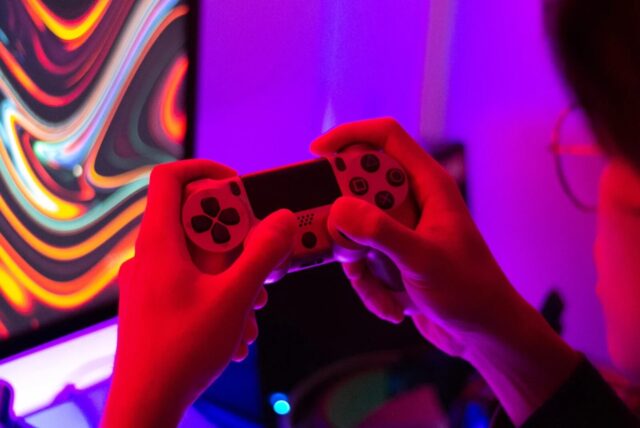
Have you ever found yourself picking up your old console and revisiting your favorite childhood games? You’re not alone – nostalgia plays a powerful role in the gaming world, from classic MarioKart tournaments to intense debates about the best retro sports titles.
Here we explore why nostalgia still influences our gaming habits, and how it impacts us both physically and emotionally.
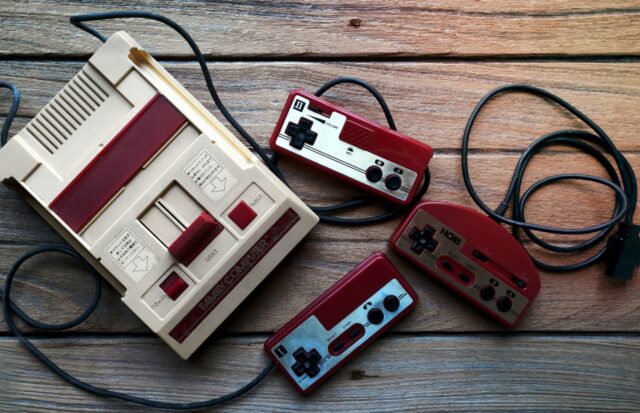
The Benefits
Nostalgia in gaming is a powerful influence that motivates players to continue playing old video games. It brings feelings of happiness, comfort, and fondness toward familiar gaming experiences from the past.
Here are some reasons why nostalgia is beneficial in gaming:
- Comfort in familiarity: Revisiting old video games provide a sense of familiarity, which brings a sense of comfort against the uncertainties of the present.
- Reliving fond memories: Nostalgia enables gamers to remember the great times they had playing the game, creating emotional bonds to the game, and therefore increasing the probability of continued engagement.
- Discovering hidden meaning: Old games can be a discovery of earlier experiences of life and various sentiments in the psyche.
- Timelessness: Old video games offer an opportunity to explore time, featuring different graphics, soundtracks, and gameplay mechanics.
In all, the benefits of nostalgia in gaming serve to keep people connected with their past, providing comfort and happiness that inevitably become central to the daily lives of people.
Exploring the lists of classic games found on dedicated websites such as topgameslists.com, allows gamers to rediscover hidden gems and cherished favorites from various gaming eras, reigniting their nostalgic passion and fostering a deeper appreciation for the artistry and innovation that has shaped the gaming landscape over the years.

The Impact on Gamers
Nostalgia has a significant impact on gamers, and it is one of the primary reasons why people still play old video games. Nostalgia is defined as a sentimental longing or wistful affection for the past, and it is a powerful emotion that can motivate gamers to revisit old games they played in their childhood.
Here are a few ways nostalgia impacts gamers:
Emotionally bonding with old games – By playing an old game, gamers can recall memories, feelings, and experiences from their childhood or a past period in their life. This emotional connection makes them feel closer to the game and helps them relive the joy they felt when playing it for the first time.
Rediscovering old favorites – Replaying an old game can allow gamers to rediscover old favorites that they may have forgotten over time. They may find that they enjoy the game just as much (or even more) now as they did when they first played it.
Nostalgia as a marketing tool – Game developers often leverage nostalgia to create buzz around a new game or console. By featuring elements from popular old games or creating remasters, they attract gamers who have fond memories of the originals.
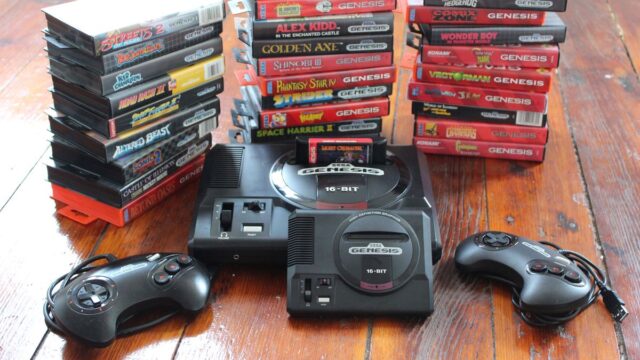
The Impact on the Gaming Industry
Nostalgia has a significant impact on the gaming industry, as players often crave the familiarity and emotional connection of their favorite childhood games.
This emotional connection makes old video games perennial favorites and keeps them relevant decades after their release.
Game developers have harnessed nostalgia by creating remakes, remasters, and sequels that offer players new ways to experience their favorite games.
Nostalgia also drives sales for retro gaming consoles, like the NES Classic Edition and Sega Genesis Mini, which allow players to relive their favorite childhood games on modern hardware.
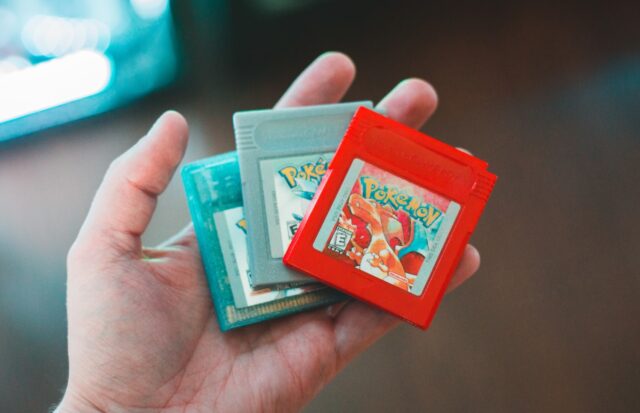
Strategies to Leverage It
Nostalgia is a powerful emotion that can be leveraged in gaming to create an immersive and memorable experience for players. Here are some strategies to leverage nostalgia in gaming:
Game Remakes: By re-releasing classic games with updated graphics and modern gameplay mechanics, developers can tap into players’ fond memories of the original game.
Nostalgic Music and Sound Effects: As music and sound can evoke powerful emotions, using classic game soundtracks or sound effects can transport players back to their childhood and create a nostalgic experience.
Easter Eggs and References: Including subtle nods to earlier games or pop culture references can make players feel like part of an inside club, increasing their engagement and enjoyment.
Storytelling: Incorporating elements of a game’s past or backstory can spark players’ memories of earlier games in the series, and create a deeper sense of immersion in the game world.
By harnessing the power of nostalgia, game developers can appeal to players’ emotions and create long-lasting emotional connections with their games.
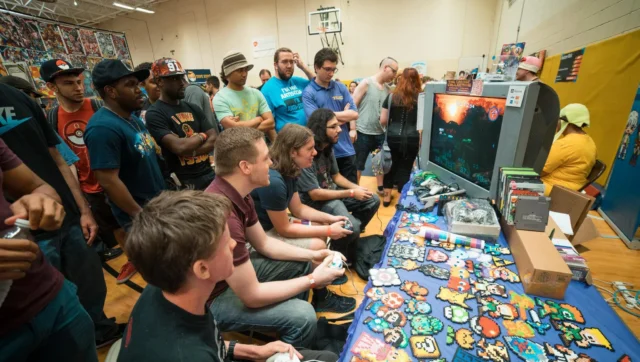
The rise of retro gaming communities
The rise of retro gaming communities is a testament to the enduring appeal of nostalgia in the world of video games. These communities, which have flourished both online and offline, serve as platforms for like-minded individuals to connect, discuss, and share their passion for classic video games. Spanning across social media groups, online forums, and websites dedicated to specific consoles or franchises, these communities foster a sense of camaraderie and belonging among gamers who hold a deep appreciation for the games of yesteryear. They create spaces where enthusiasts can reminisce about their favorite childhood titles, exchange tips, and strategies, or even engage in friendly debates about the merits of various gaming systems and releases.
In addition to the digital spaces where retro gaming communities thrive, physical events such as conventions and meetups also play a significant role in bringing together fans of classic video games. These events provide opportunities for gamers to trade and purchase vintage hardware, software, and memorabilia, while also offering a chance to participate in tournaments, panels, and workshops centered around retro gaming. The shared experiences that these events facilitate help to reinforce the bonds between community members and create lasting memories that further fuel their passion for retro gaming.
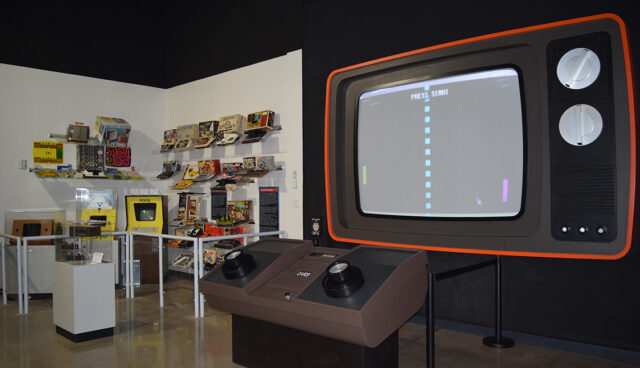
Conclusion
In conclusion, nostalgia is a powerful force that draws us back to old video games, even in the face of newer and arguably better titles. The feeling of nostalgia is often associated with positive memories and emotions from our past, and playing old video games can bring back those feelings, providing a sense of comfort and familiarity.
It’s not just about gameplay; it’s about the experience and emotions attached to these games. The feeling of returning to a game from our childhood, a time when everything was simpler and more carefree, can be a refreshing escape from the stresses of daily life. The power of nostalgia in gaming is undeniable and will likely continue to inspire gamers for years to come, as they return to old classics time and time again.




